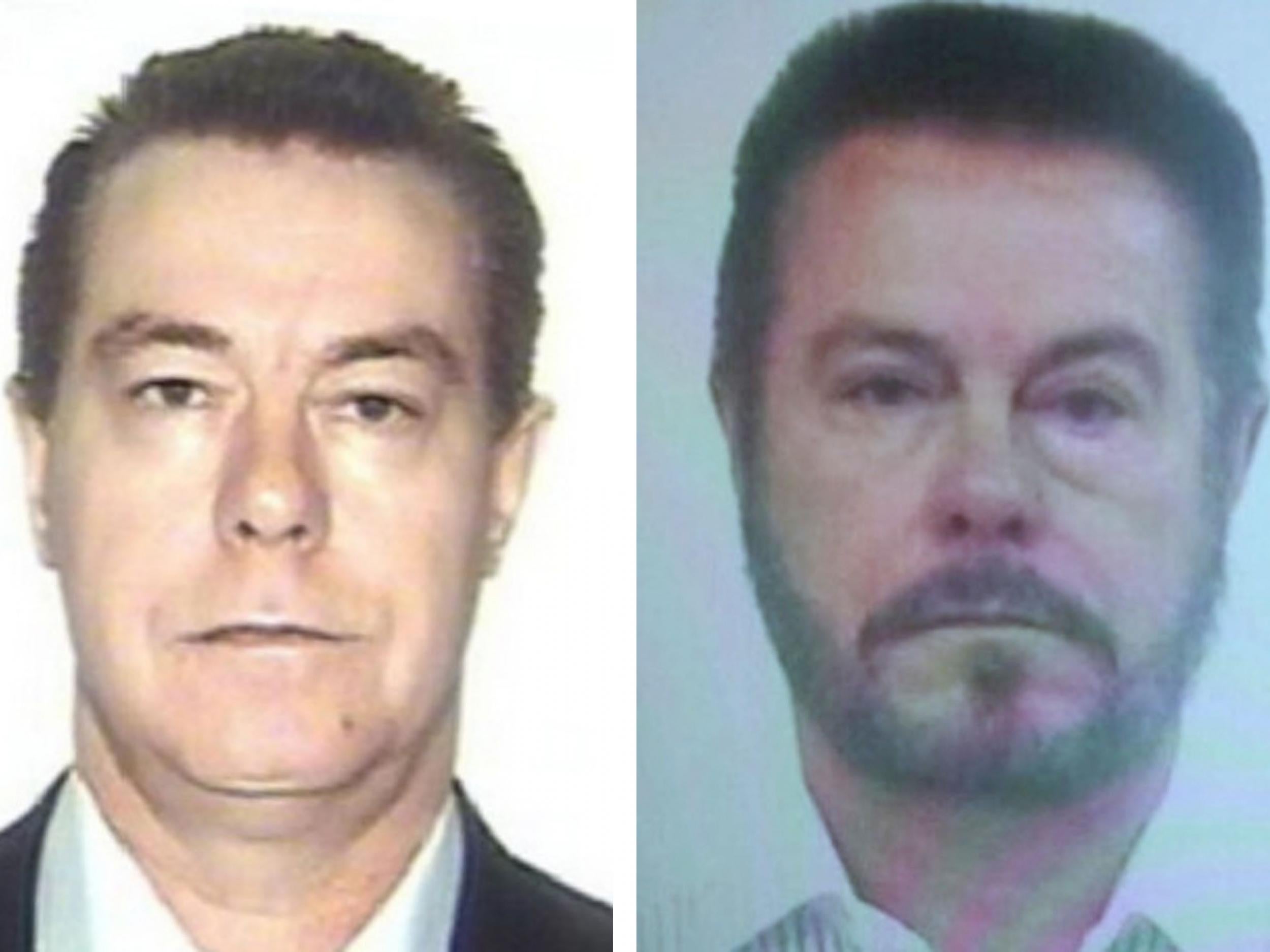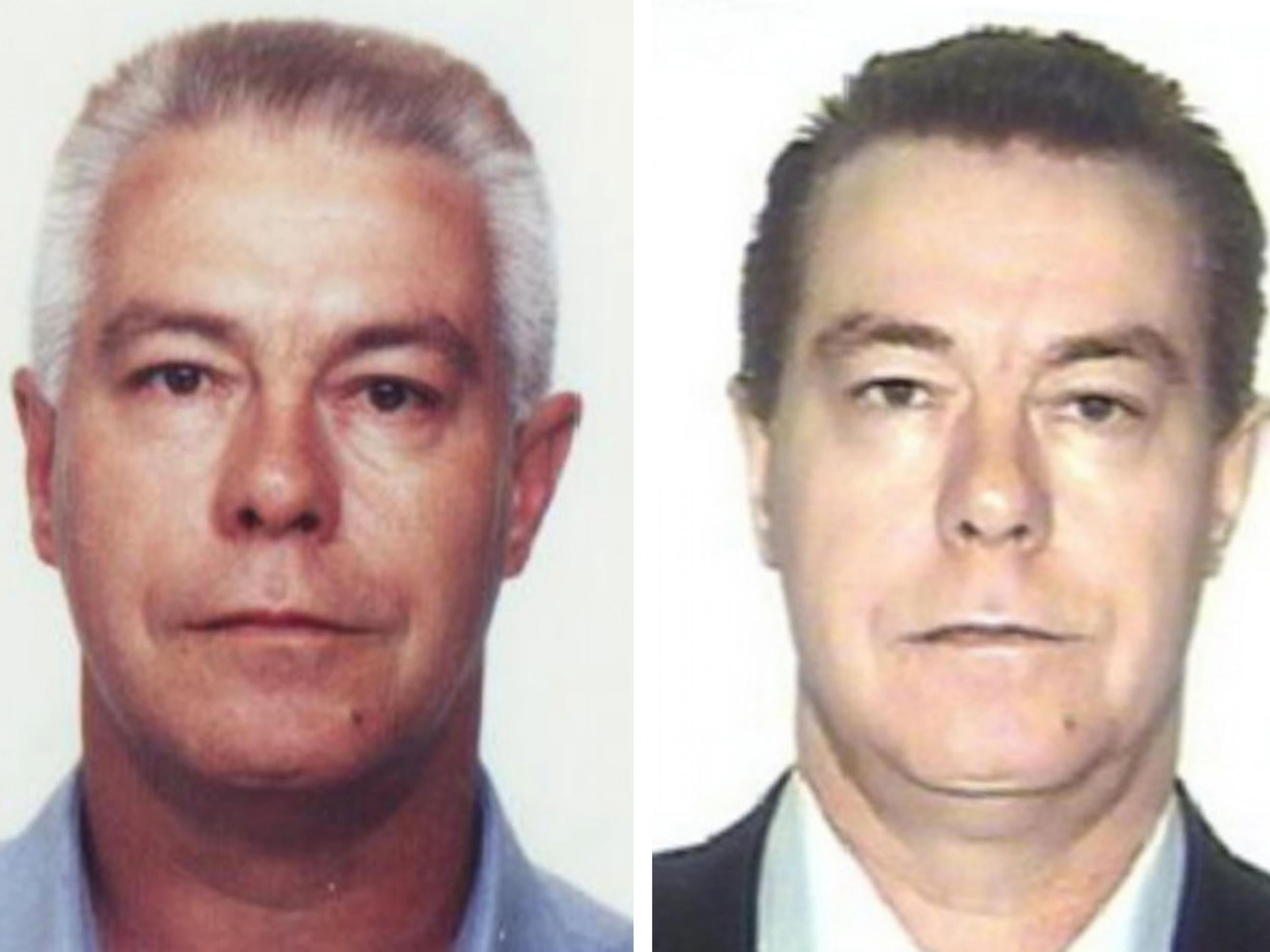Drug cartel boss used facial plastic surgery to avoid police for 30 years before being arrested in Brazil
Luiz Carlos da Rocha may spend at least 50 years in prison

Your support helps us to tell the story
From reproductive rights to climate change to Big Tech, The Independent is on the ground when the story is developing. Whether it's investigating the financials of Elon Musk's pro-Trump PAC or producing our latest documentary, 'The A Word', which shines a light on the American women fighting for reproductive rights, we know how important it is to parse out the facts from the messaging.
At such a critical moment in US history, we need reporters on the ground. Your donation allows us to keep sending journalists to speak to both sides of the story.
The Independent is trusted by Americans across the entire political spectrum. And unlike many other quality news outlets, we choose not to lock Americans out of our reporting and analysis with paywalls. We believe quality journalism should be available to everyone, paid for by those who can afford it.
Your support makes all the difference.A drug cartel boss used plastic surgery over 30 years to avoid police before being arrested in Brazil.
Luiz Carlos da Rocha, whose nickname was the White Head, faces multiple charges related to drug trafficking operation and is in custody.
Over three decades, he went under the knife to not be recognised by authorities. Several pictures have been handed out by Brazilian police over this period to alert people what he looks like in 2017.
He also adopted the pseudonym Vitor Luiz de Moraes.
Da Rocha was arrested last week as part of Operation Spectrum, a police mission to prevent drug trafficking.
The operation has already claimed around $10 million worth of luxury vehicles, planes and property.
Police say the drug cartel boss has previously been convicted for drug and weapon-related offences, as well as money laundering.
He could serve more than 50 years in prison.
“The cocaine was transported in small airplanes that left the producing countries of Colombia, Peru and Bolivia, using Venezuelan airspace destined for farms in Brazil, on the border between the states of Pará and Mato Grosso,” a Brazilian Federal Police statement read.

“After being discharged from a drug plane, cocaine was placed in truck and carts, whose destination was the state of Sao Paulo for distribution to criminal factions in Sao Paulo and Rio de Janeiro, or Port of Santos, from where it was exported to Europe or the United States.”
His network has been accused of distributing cocaine throughout South America, the US and Europe.
The gang managed production in the jungles of Bolivia, Peru and Colombia, and the drugs were then transported to warehouses in Paraguay and Brazil, from where it would be sent overseas.
Police say the violent gang has made secret five-ton deliveries of the drug into Sao Paolo and Rio de Janeiro every month.
Further police raids are expected in Paraguay, where Da Rocha owns several farms and carries out criminal operations.
Join our commenting forum
Join thought-provoking conversations, follow other Independent readers and see their replies
Comments